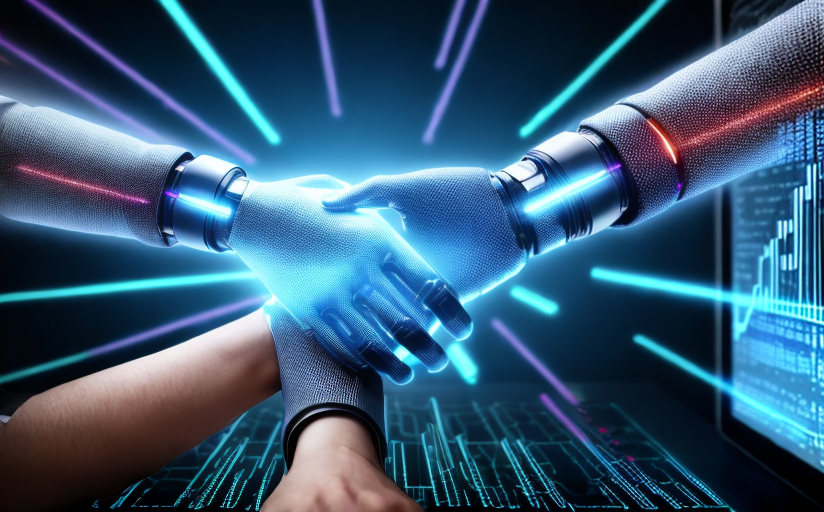The Pervasive Influence of AI on Business Strategies and Entrepreneurship
In this modern era, there is an undeniable transformation in various sectors including business, entrepreneurship, driven by the profound influence of Artificial Intelligence (AI).
How AI is Transforming Business Strategies
A major instance of how AI is transforming business strategies revolves around the strategic benefits leveraged by businesses. AI can dramatically improve decision-making, through rich data analysis and predictive modeling. In fact, McKinsey Global Institute research suggests that AI-based decisions could unlock 40% or more in value in various business functions.
Furthermore, AI technology enhances efficiency and increases productivity by automating routine tasks, thus providing more time for strategic activities. Gartner predicts that by 2024, AI and automation technology will replace almost 69% of the manager's workload.
Additionally, AI plays a significant role in allowing businesses to provide personalized services to their clients. With AI algorithms, businesses can anticipate customer's needs and provide a unique user experience. A prime example here is Netflix, which leverages AI to recommend shows based on user preferences.
Impact of AI on Entrepreneurship
AI is creating more opportunities, particularly for startups and entrepreneurs. AI provides smarter solutions to address specific market needs. Acerta, Zebra Medical Vision, and UiPath are some startups thriving significantly with AI. They leverage AI algorithms to predict car component failure, detect diseases, and automate business process respectively.
Possibilities for AI use in future business settings
As AI continues to progress undoubtably, businesses need to strategically position their services or products for the future. AI technology offers a wealth of possibilities such as enhancing customer service through chatbots, improving logistics with autonomous vehicles or drones, and going beyond human limits with advanced data analysis.
Challenges of AI adoption for businesses
However, there are concerns tied to AI adoption in businesses. Top among these is data privacy. The more AI systems learn from data, the greater the privacy concerns. Additionally, another consequence of using AI could be job displacement, as AI potentially replaces human tasks. This could lead to social and economic disparities.
Addressing AI Adoption Challenges
Despite the challenges, there are prospective solutions. For data privacy, businesses can apply differential privacy to provide robust privacy guarantees. Also, upskilling or reskilling employees to work side by side with AI can minimize job displacement.
Undoubtedly, AI is set to revolutionize various sectors, particularly business and entrepreneurship. Therefore, there is a need for businesses and entrepreneurs to embrace AI and strategically position themselves for its inevitable advance.
References:
- McKinsey Global Institute, The Age of analytics: Competing in a data-driven world, 2016
- Gartner, AI and Automation Will Replace 1 in 3 Jobs by 2024, 2019
- Netflix Technology Blog, Abstracting the Genres, 2018


















Comments
Leave a Comment